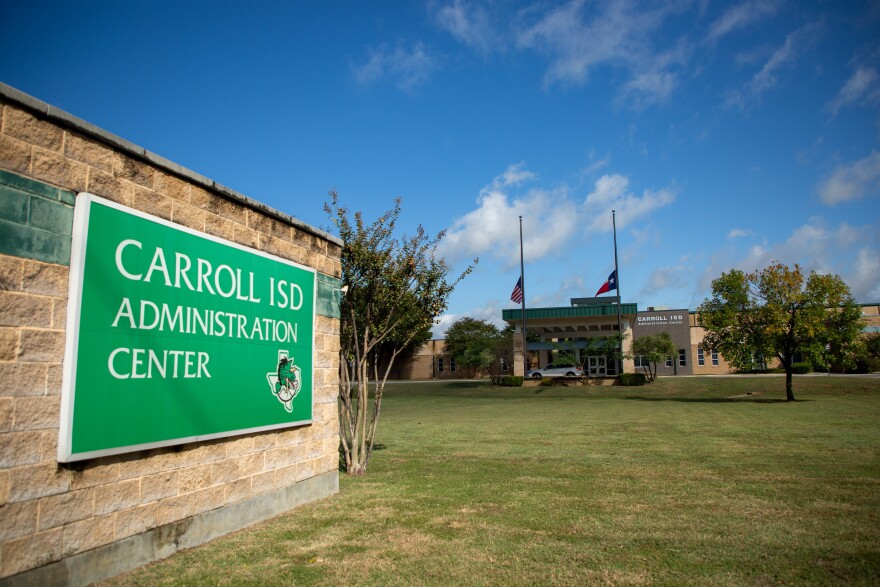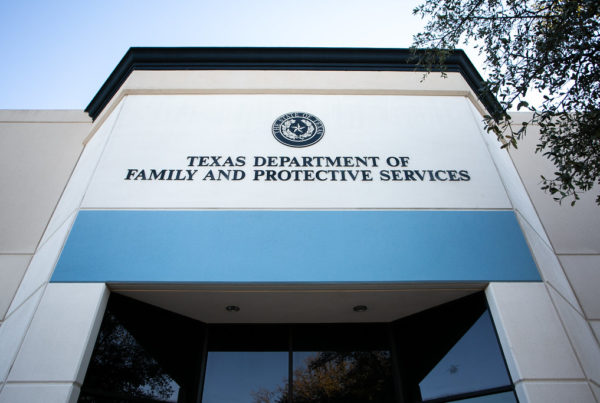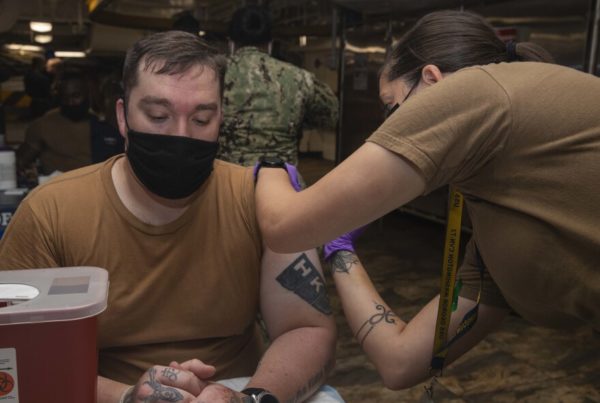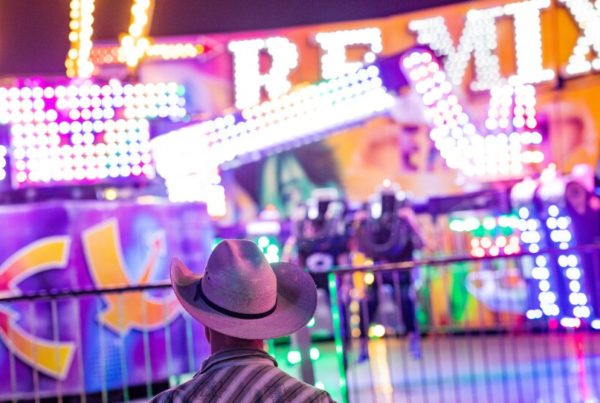From KERA:
Tiffany Jewell, a Massachusetts educator, published her first book last year.
Since then, it’s been challenged in multiple school districts across the country, including Carroll ISD in Southlake.
This Book is Anti-Racist: 20 Lessons on How to Wake Up, Take Action, and Do The Work is a guidebook aimed at 10 to 15-year-olds, Jewell said. The New York Times bestseller walks readers through the history of racism and resistance, and teaches them how to push back against racism themselves.
“A lot of times adults think that children and young folks aren’t ready to do this work or ready to hear about it, when they’re more than ready because they see the world so much more clearly,” Jewell said.

Tiffany Jewell, the author of This Book Is Anti-Racist, which faced a challenge in Southlake’s Carroll ISD.
In early October, the Carroll ISD school board voted 3-2 to reprimand a fourth grade teacher after a parent complained about her keeping This Book is Anti-Racist in the classroom.
At the following meeting, the school board president insisted the reprimand was not about the book, and called it a personnel matter.
Carroll ISD board member Sheri Mills voted against the reprimand. Right before the vote, she had this warning.
“I would like to let the teachers know, if you are worried about teaching school in this school district, that you should watch this vote,” she said. “I want you to know that you are right to be worried by whoever votes yes.”
When Rep. Matt Krause sent out his letter this week demanding information about certain book titles that deal with race and sexuality, he was seeking information on a number of things.
He wants to know how many of the 850 titles on the list are in district classrooms and libraries, and how much the district spent on them. The list includes Jewell’s book.
The letter goes even further, and asks districts to identify other books that “make students feel discomfort, guilt, anguish, or any other form of psychological distress because of their race or sex or convey that a student, by virtue of their race or sex, is inherently racist, sexist, or oppressive, whether consciously or unconsciously.”
The reprimand kicked off another flurry of scandal for Carroll, which was recently the subject of a seven-part NBC podcast about racism in the district.
After the teacher’s reprimand, NBC reported that Carroll ISD planned to restrict what books teachers could keep in their classrooms.
Then, NBC reporters obtained a recording of a meeting between teachers and a Carroll administrator named Gina Peddy, where she reportedly told teachers that they have to offer “opposing” views to books about the Holocaust.
The statement was widely condemned, and Carroll Superintendent Lane Ledbetter apologized in a statement on Facebook.
“As we continue to work through implementation of HB 3979, we also understand this bill does not require an opposing viewpoint on historical facts,” he wrote.
HB 3979 is one of many similar measures either passed or proposed across the country, aimed at curbing the teaching of critical race theory.
CRT is a decades-old intellectual movement born out of law schools. It teaches that racism is embedded in systems and structures in the U.S., rather than just being the product of individual prejudice. The idea has become a point of contention in Texas and other Republican-led states, even though educators say it’s not taught in the state’s public schools.
HB 3979’s author, Houston-area Republican Steve Toth, has said that the law is designed to help children.
“You can’t teach that one race is better than the other,” Toth said. “You can’t teach that one gender is better than the other. You can’t discriminate either… and say that one race or one gender is responsible for the ills of the past.”
However, some advocates say laws like HB 3979 will have a chilling effect on teachers. Deborah Caldwell-Stone leads the American Library Association’s Office for Intellectual Freedom.
“We want to act against racism. We want to act against antisemitism. There’s just no other side of the coin to that,” she said. “But when you start arguing that teaching about racism is some kind of political indoctrination, you create the atmosphere, you create the conditions for the kind of self-censorship we saw reflected in those stories.”
Each year, the American Library Association compiles a list of the top 10 most challenged books nationwide, based on media stories and reports from the public. After the murder of George Floyd and the racial justice movement that followed, there have been more challenges to books about anti-racism, police violence and even just the lived experience of Black people, Caldwell-Stone said.
“We went from a situation where the majority of books being challenged and removed in schools and libraries dealt with LGBTQ themes, to a situation where there’s a real mix,” Caldwell-Stone said.
In March, parents in Austin protested Call Me Max, a picture book about a transgender boy.
Earlier this month, Katy ISD took graphic novels off the shelves and postponed an author visit after complaints that the books taught critical race theory. The books and visit were later reinstated.
Jewell, the author of the book challenged at Carroll ISD, said she sees book challenges as a fear reaction from parents, when in reality, school is the perfect place for kids to learn about topics like race.
“It’s a place where we go for our children to learn not just how to read and not just do math,” she said. “We expect that when they’re at school to learn how to be with other people.”
Jewell said when kids talk about their differences, it doesn’t cause division. It’s actually a way to make connections and foster kindness.
Got a tip? Email Miranda Suarez at msuarez@kera.org. You can follow Miranda on Twitter @MirandaRSuarez.














